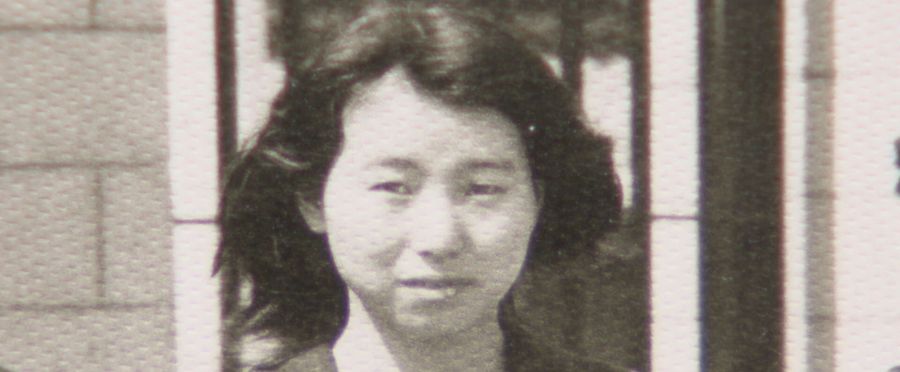A suspect in a famous 1999 Japanese murder case has refused to cooperate with law enforcement. The identity of the suspect and the reason for their refusal remain unclear. This act of defiance comes as a surprise, given Japan's often high confession rates, and poses new challenges for both the police and the wider judicial process.
In Japan, confession is considered a crucial element of criminal investigations, and people are generally expected to cooperate with law enforcement. This case challenges these social norms, making it notable and highly-discussed. The implications of this act of refusal could shape public sentiment and legal practices regarding free will and coercion in investigations.
In the U.S. or EU, it is more common for suspects to decline police interviews or to require legal counsel present during interrogations to protect their rights. This case highlights the differences in crime-solving approaches between Japan and Western countries.

